Why Did I Disappear?
understanding the roots of my self-abandonment
About a year ago, I was just wrapping up my divorce settlement. We’d had our settlement conference at the end of June and the lawyers were in the midst of finalizing the paperwork. My memoir was out on submission for the first time. I knew it was time to think about getting back into collaboration, what had been the bread and butter of my paychecks since I left my job as an editor at HarperCollins after the birth of my first child. I needed a steady income even though I had secured solid support levels. Writing my own content was just never going to provide that.
But the themes of my memoir were about what it was like to lose my voice, as a girl, woman, wife, mother, and yes, writer. I was a ghostwriter, for goodness sake. I literally erased myself from the process and channeled someone else’s voice. Their words and ideas invaded my mind and I captured them on the page. There was no trace of my involvement except my acknowledgement in the back of the book.
While I loved doing this work, I also wanted to continue writing in my voice and I wasn’t sure I’d be able to retain my voice if I stepped back into the world of ghostwriting.
I had stopped ghostwriting due to the pandemic. I had a kindergartener and third grader in March 2020 who no longer went to school. My ex-husband did not expect me to quit. But having to take turns who was working was a strain on us both. I worked on a project by project basis. So I finished one book and just didn’t take on a new one. I thought I’d pick it back up when the kids returned to school. Of course it would be over a year before they did so. No one knew that would be the case.
Since that time, I’ve been writing in my own voice. Published this piece on Scary Mommy. Then this piece in The Lily. Started this Substack. Then did MDMA therapy, decided to get divorced, and wrote my memoir Ghost, which is, yes, still out on submission.
This means I was earning next to nothing. When I was married, this worked. But I was about to be a divorced woman. I needed to bring in income, and fast given those mounting legal bills.
People often ask me how I got my ghostwriting gigs. Well, I am lucky enough to have worked in the publishing world since I was twenty three. So I have a lot of friends in the industry. A number of my former colleagues at HarperCollins have moved into agenting. They know me well. They have witnessed my journey. Thus they send me projects that align.
Jan Baumer at Folio Literary sent me an email in July 2024. I know you haven’t been taking on much collaboration work but I thought I’d let you know about this project. Any interest?
The topic sounded intriguing. The author could write, but she wanted someone to come alongside and offer support. Let’s be honest, writing is a lonely endeavor! She wanted her first reader to be someone who truly gets it—who could amplify these ideas not just from her personal and clinical experience, but also from their own. This would enable the fullest, most resonant version of the book to emerge. So I said I’d take a look at the proposal.
Jan sent it my way. And as I began to read it, I realized that this book was explaining why I was the way I was. How I’d learned to disappear. Why I became a ghost.
It’s called Fawning: Why the Need to Please Makes Us Lose Ourselves–and How to Find Our Way Back.
But if I had to describe it, it is a book about this hidden trauma response which is way more common than we think.
Fawning is sometimes called the forgotten fourth trauma response. In addition to Fight, Flight and Freeze, is fawn. A fawner often fawns because the other three stress responses are not available to her. She can’t fight, can’t flee, and freezing won’t help either. Thus she learns to appease, blend in, accommodate in the face of fear. A fawner is a people pleaser, a chameleon: Show me what I need to be to get your love.
Fawning is often a response to complex or relational trauma, in other words, traumatic situations that are ongoing. They do not end. Maybe you grew up with neglectful or abusive parents. Or, like Ingrid, with a step-father who was a narcissist and predatory. In fact, many fawners don’t even realize they are traumatized. They have learned to tell stories about their treatment to make it more palatable, normal, tolerable. To tell these stories, and believe them, they have to abandon themselves. But this is the only option for them to be accepted. To stay safe. To gain some semblance of love.
My entire book is about self-abandonment, something women are taught to do. I did it as a twin, as a Christian, and most definitely as a wife and mother. Women are lauded for self-abandonment. It is a sign of our femininity, our adaptability, our concern for others, our love. But there comes a point where you get tired of self-abandoning. When you wake up and no longer want to be a ghost.
So obviously I decided to work on this project.
I did a video chat with the author and we connected deeply. She didn’t want a ghostwriter, and was, of course, as a fawner, anxious about losing her voice if someone came alongside her. She wanted an editor and collaborator who could stay with her through a quick turnaround in a genre that was new to her, without overriding her voice.
Everything in my body lit up at the opportunity to work on this project. I knew I was the right person to work on this book because I knew this content in my bones. I was a fawner. Had been my entire life. Plus I’d spent the last four years mired in trauma research. So there was no need to get up to speed about this content. I knew this content. I lived and breathed this content. This book was a part of me.
And she wanted me to bring my full self to the project. She wanted me to be me, and contribute my experiences and expertise to the project as well. This was a different way to collaborate, and I was excited about it.
To say that working on this book changed my life is an understatement.
First of all,
is a gift. If you haven’t checked out her Instagram, here is a taste.She is relatable, real, funny, and kind. As we worked together on her story, unpacking the components of fawning but even more importantly, the steps we take to unfawn, to learn to grant ourselves access to other ways of being in the world, we became soul sisters.
A few weeks into our work together, I told her about my memoir. She said she remembered seeing a post I made in a group on Facebook for writers of memoir. This was almost a year before we started working together but she recalled that when she saw my description of my book, in her head, she thought: oh, that’s a book about fawning.
And here we were, a year later, working together on her book. I still get chills thinking about it.
Working with her deepened my understanding of myself and how I had been showing up in the world. It also let me realize that I could keep collaborating with others and hold onto my own voice. The key was, I had to choose books where I could bring myself to the page, rather than erase myself to channel another. I could continue to collaborate but in a new way.
Fawning is about to be released into the world. I think so many of us are fawners. This is how we are bred as women, and to wake up to this conditioning, and recognize how it has stopped serving us, is to take back our power, our choices, our lives, our selves.
I hope you follow Ingrid and order her book. It could quite simply change your life.
Liking this post, restacking it, or leaving a comment helps it find more readers. And if you consistently find value in the writings on The Mother Lode, become a paid subscriber. Your financial contribution helps me do this work and signals its value. It also grants you access to all content on The Mother Lode. This includes more personal posts like my first foray into post-divorce dating, my own Divorce Diary, as well as paid subscriber series such as The Divorce Diaries and my five-part series Things I Wished I Known Before Going Through a Divorce.
Did you know you can gift a paid subscription to The Mother Lode? If you have a friend going through a divorce, give them access to all my material for just $7/month or $70/year!
RELATED READING:
I'm the Decider
I remember reading the parenting book Bringing Up Bébé when my daughter was a toddler. A book by American journalist Pamela Druckerman, who lived and raised her children in France, she exposed the gr…
On Care and Codependency
I wrote a few weeks about about the benefits of becoming unhinged via the spectacular Miranda July novel, All Fours. It certainly seems to be the novel of the moment for a certain subset of women. Th…
You Don't Have to Keep Soldiering On
Last week, Dr. Dick Schwartz, the founder of Internal Family Systems and author of No Bad Parts, was on the We Can Do Hard Things podcast. Whereas I used to listen to this podcast religiously, I’ve b…


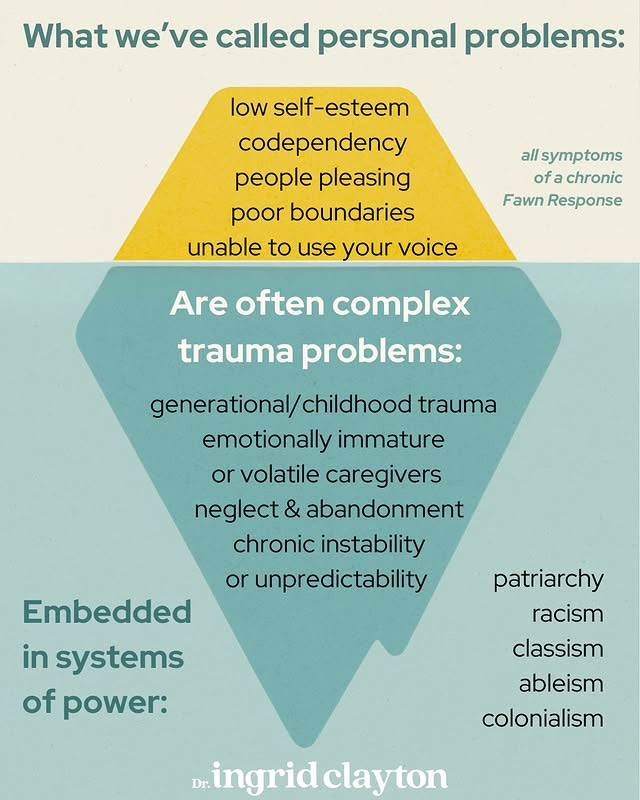
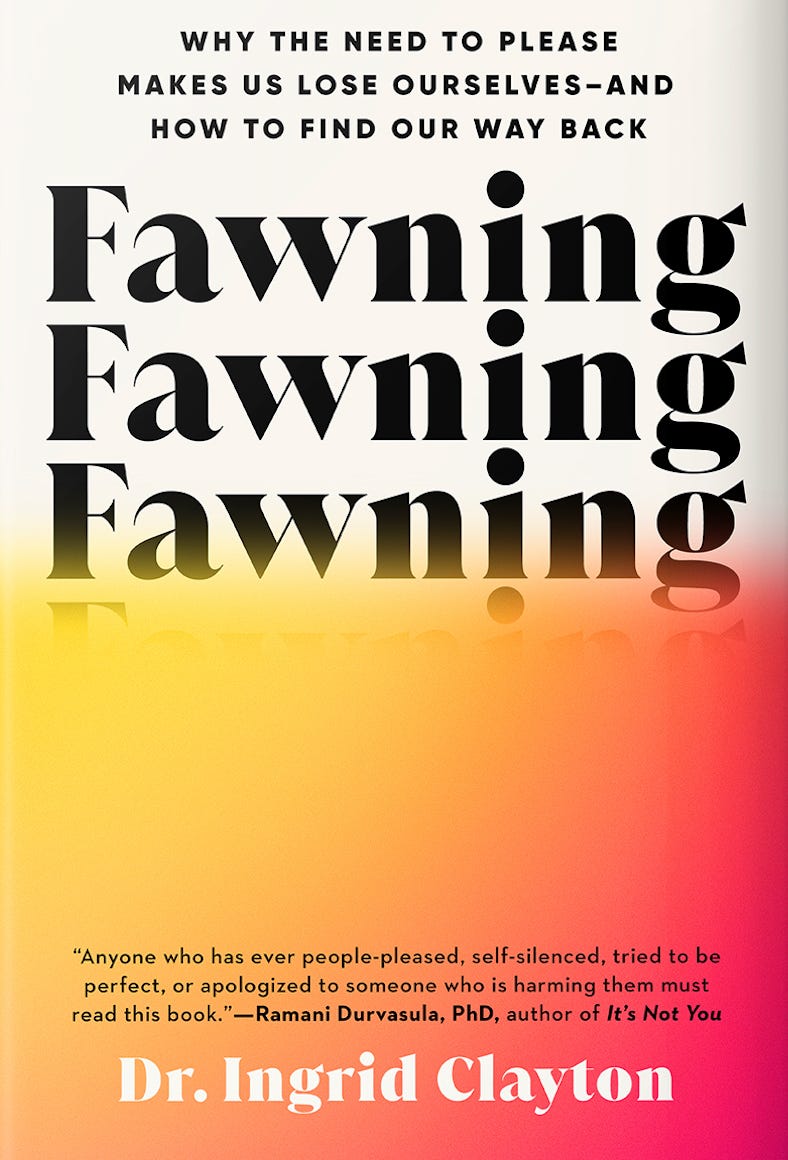
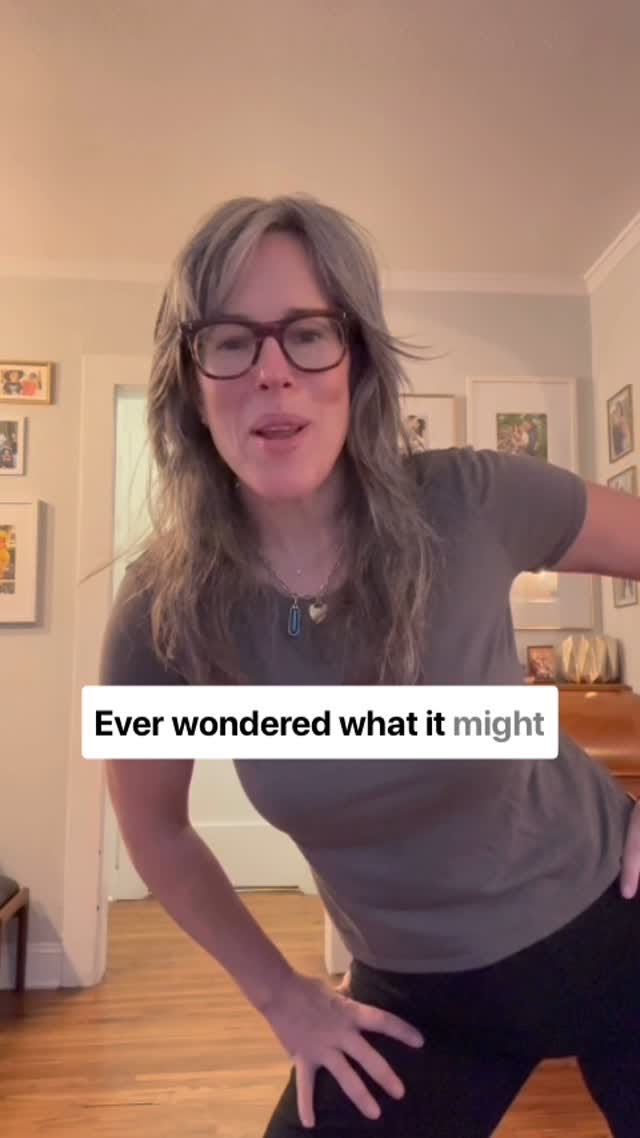
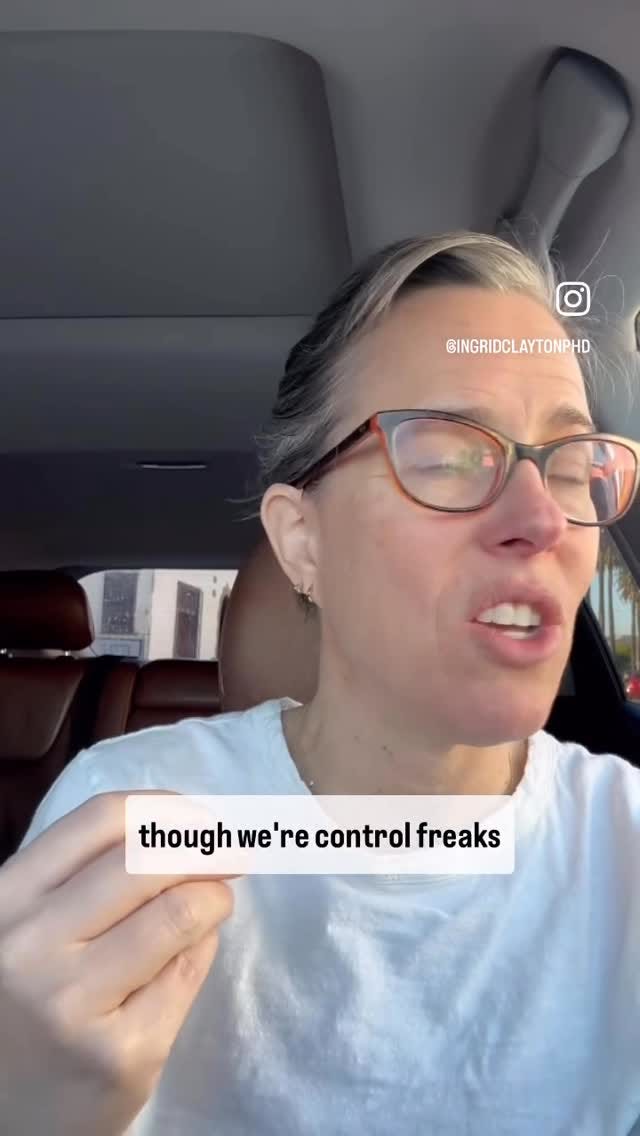
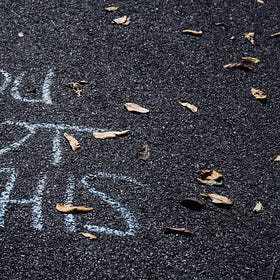
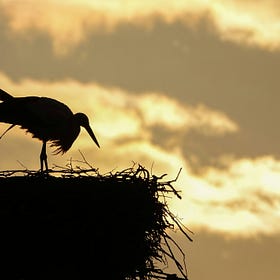
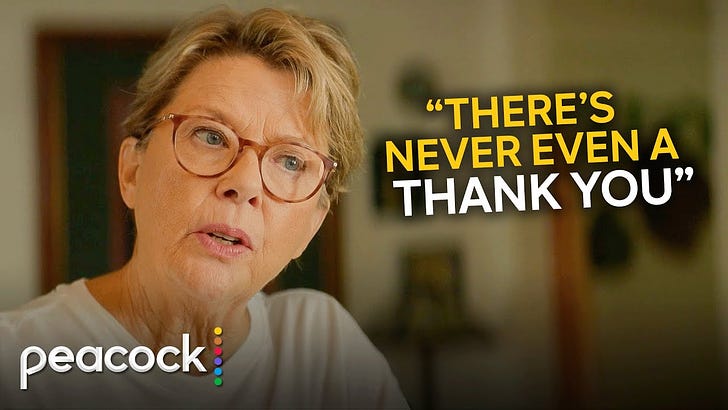
Wow! The idea that we don't always realize we are traumatized is very powerful. Now that I have had some time and space to heal and grow, I can see the story I crafted about my life to laugh off the hurt was a survival mechanism. I appreciate the books you write about in your newsletters, and I look forward to reading this one when it is relased.
Ingrid is amazing! What a gift that you were able to work so intimately with each other. This is just another reason I can’t wait to read Fawning (pre-ordered it, natch).